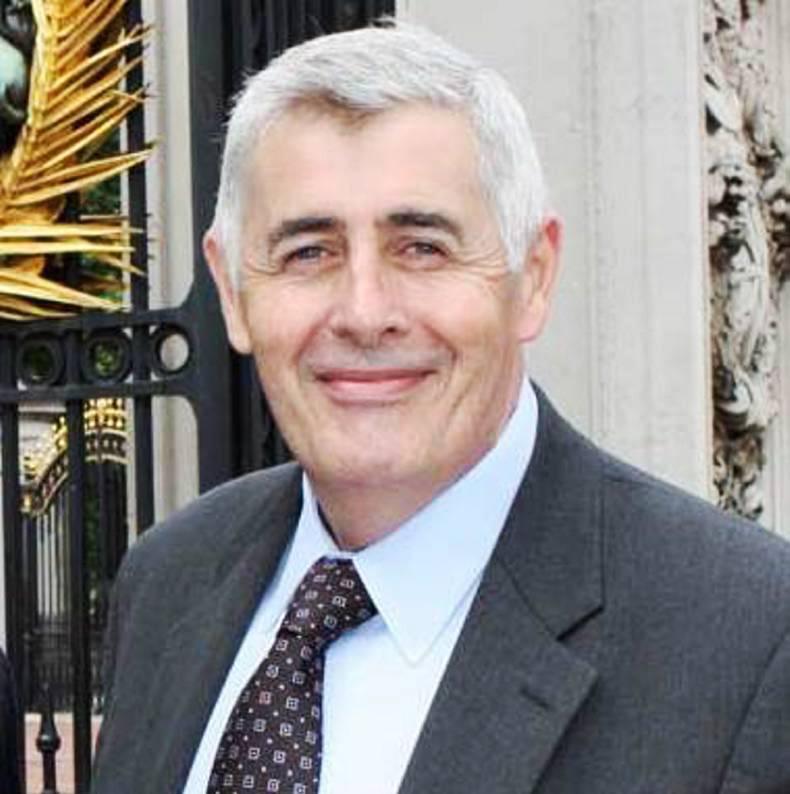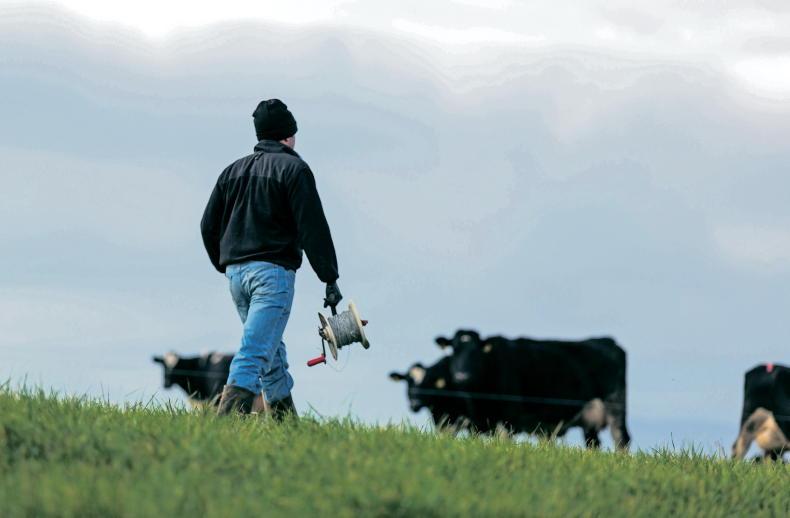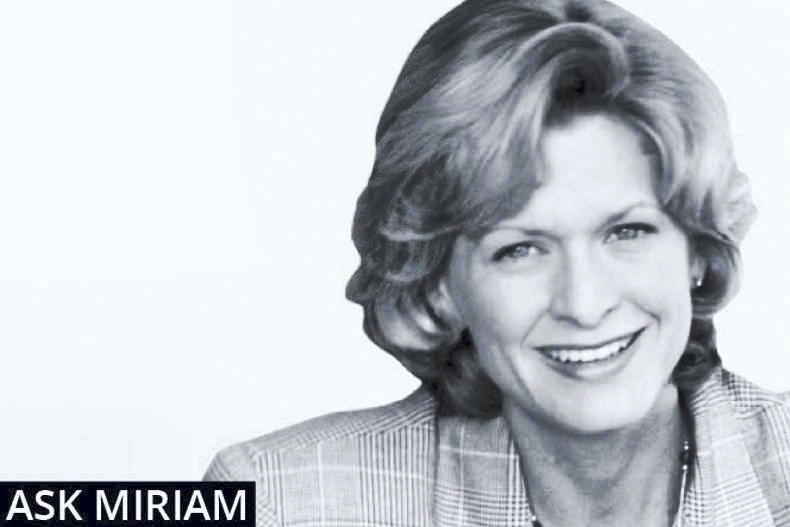I have yet to find maize on a menu here in Ireland, but this may be set to change in the future. Scientists estimate that even a modest two degree centigrade increase could result in Ireland becoming a more suitable climate for maize production than much of Southern Africa. Is maize set to become an integral part of an Irish dinner?
Climate change is a controversial and oft-debated topic, but what we do know is that the world’s population is growing and is expected to reach nine billion by the year 2050.
Production
Global food production will need to increase by a massive 70 per cent to keep pace with the predicted population growth, and yet fewer farms will exist to cultivate crops. Africa’s urbanisation is expected to increase by 150 per cent over the next decade, leaving more people in cities dependent on fewer farms for food.
And let’s remember, there are already some one billion people in the world without sufficient food to eat.
Climate Change
Climate change will have a significant impact on how much food can be produced and where crops can be grown. Changes in temperature will affect many aspects of food production.
In particular, the production of staple foods such as maize, wheat and rice will decline.
The World Bank has warned that without further measures to contain climate change, a four degree centigrade increase in the average global temperature may occur as early as 2060. This would threaten the livelihoods of billions of people as tensions rise over ever shrinking resources.
Without a significant investment in solutions, there simply won’t be enough food to go around. How will we manage to feed the future in these circumstances?
There’s a tendency to look for solutions through new science; identifying ways to produce more food on less land and increasing production through large-scale commercial farmers.
Solution
However, there are other smarter, more equitable and sustainable solutions available. The solution lies with the current network of 500,000 small farmers that produce 80 per cent of the food consumed in Asia and sub-Saharan Africa.Our future depends on these small-scale farmers and yet they are too often overlooked and under-supported.
The assumption that small-scale farmers feed only themselves and large-scale farmers feed the world is not only being challenged - it is being turned on its head. Through the work of Irish organisations such as Concern and Gorta-Self Help Africa working in partnership with Irish Aid and Irish business, this army of food producers is at the forefront of a transformation in world agriculture.

Concern is working in 15 of the countries that have been listed as vulnerable to climate change by the Centre for Global Development including Burundi, Chad, Ethiopia, Niger, South Sudan, and Rwanda. Throughout these countries we are promoting climate smart agriculture, focusing on the poorest, most marginalised farmers.
Increase productivity
Our goal is to significantly increase their agricultural productivity while simultaneously ensuring that the natural resources they depend upon are not exploited or depleted. Over many years of experience, we have learned five key principles that are critical to achieving the goal of increased, sustainable productivity:
Farming at any scale is a business, and smallholders and producers must be treated as entrepreneurs;Businesses need clear linkages along the value chain, from production to processing, marketing and, ultimately, to consumption;To increase crop production, farmers in the most marginalised areas need to adapt or adjust to expect changes brought about by climate change;Increasing crop production is not the whole story. There must be clear links to improving nutrition, especially if we are to reduce malnutrition and stunting during the first critical 1,000 days of a child’s life;Making women the focus of training delivers better results; they learn and adopt new ideas and techniques faster.When these links are in place, wonderful things begin to happen and we see this every day in our work.
Zambia
I recently visited Western Province in Zambia where we are working in partnership with Accenture Ireland to promote the use of conversation agriculture. This has resulted in many farmers being able to more than double their yields in comparison to conventional approaches. One of the farmers we work with is Bwime, a 48-year-old, widowed mother of seven children. Before she was introduced to the conservation agriculture, Bwime never had enough food to see her family through the year. Now, she says: “My crop production has increased three-fold. I now have my own garden full of a variety of different vegetables”.
Our research work with Trinity College Dublin demonstrated thatwomen farmers in Malawi who have adopted the conservation agriculture approach have been able to reduce their workload by 34 days per year.
We are working with national research institutes and seed companies to help ensure farmers have access to the widest variety of high quality seeds, even in the remotest areas. Even working with the Somalia diaspora to track down pre-1990s seed research of the drought-resistant, nutritious filsan mung bean.
In Chad and Sudan, we are we are testing Climate Analogue Software, which locates sites that currently experience the climate that farmers will experience in 2050.
Researching
Currently we are reaching 100,000 poor farm households with this new climate smart approach in some of the poorest and most vulnerable parts of the African continent and reach 600,000 by 2021.
Ambitious, yes, but we are not alone. Concern is one of the founding members of thegroundbreaking partnership known as the African Climate-Smart Alliance. This partnership brings together five international NGOs with UN and African technical partners to pull together and share their expertise to reach 6 million small farmers by 2021.
The launching ceremony for the Alliance was held two years ago as part of the AU Summit in Equatorial Guinea Malabo and now re-groups in New York in the week thatsees the ratification of the new development framework, the Sustainable Development Goals.
Self-described “champion” of the Alliance, former President of Ghana and UN special envoy on Climate Change, John Kufor, has said that bringing the knowledge and reach of these international NGOs together has huge significance for African agriculture.
Ending Poverty
As we move to ending poverty and hunger by 2030, itis vital that the international community endorses and provides critically needed funds to support pioneering approaches like the new AfricanClimate SmartAlliance. Such initiatives are working towards empowering millions of smallholder farmers in order to unleash their potential to feed themselves, their communities and the world.
This is surely the way we can feed the future.
I have yet to find maize on a menu here in Ireland, but this may be set to change in the future. Scientists estimate that even a modest two degree centigrade increase could result in Ireland becoming a more suitable climate for maize production than much of Southern Africa. Is maize set to become an integral part of an Irish dinner?
Climate change is a controversial and oft-debated topic, but what we do know is that the world’s population is growing and is expected to reach nine billion by the year 2050.
Production
Global food production will need to increase by a massive 70 per cent to keep pace with the predicted population growth, and yet fewer farms will exist to cultivate crops. Africa’s urbanisation is expected to increase by 150 per cent over the next decade, leaving more people in cities dependent on fewer farms for food.
And let’s remember, there are already some one billion people in the world without sufficient food to eat.
Climate Change
Climate change will have a significant impact on how much food can be produced and where crops can be grown. Changes in temperature will affect many aspects of food production.
In particular, the production of staple foods such as maize, wheat and rice will decline.
The World Bank has warned that without further measures to contain climate change, a four degree centigrade increase in the average global temperature may occur as early as 2060. This would threaten the livelihoods of billions of people as tensions rise over ever shrinking resources.
Without a significant investment in solutions, there simply won’t be enough food to go around. How will we manage to feed the future in these circumstances?
There’s a tendency to look for solutions through new science; identifying ways to produce more food on less land and increasing production through large-scale commercial farmers.
Solution
However, there are other smarter, more equitable and sustainable solutions available. The solution lies with the current network of 500,000 small farmers that produce 80 per cent of the food consumed in Asia and sub-Saharan Africa.Our future depends on these small-scale farmers and yet they are too often overlooked and under-supported.
The assumption that small-scale farmers feed only themselves and large-scale farmers feed the world is not only being challenged - it is being turned on its head. Through the work of Irish organisations such as Concern and Gorta-Self Help Africa working in partnership with Irish Aid and Irish business, this army of food producers is at the forefront of a transformation in world agriculture.

Concern is working in 15 of the countries that have been listed as vulnerable to climate change by the Centre for Global Development including Burundi, Chad, Ethiopia, Niger, South Sudan, and Rwanda. Throughout these countries we are promoting climate smart agriculture, focusing on the poorest, most marginalised farmers.
Increase productivity
Our goal is to significantly increase their agricultural productivity while simultaneously ensuring that the natural resources they depend upon are not exploited or depleted. Over many years of experience, we have learned five key principles that are critical to achieving the goal of increased, sustainable productivity:
Farming at any scale is a business, and smallholders and producers must be treated as entrepreneurs;Businesses need clear linkages along the value chain, from production to processing, marketing and, ultimately, to consumption;To increase crop production, farmers in the most marginalised areas need to adapt or adjust to expect changes brought about by climate change;Increasing crop production is not the whole story. There must be clear links to improving nutrition, especially if we are to reduce malnutrition and stunting during the first critical 1,000 days of a child’s life;Making women the focus of training delivers better results; they learn and adopt new ideas and techniques faster.When these links are in place, wonderful things begin to happen and we see this every day in our work.
Zambia
I recently visited Western Province in Zambia where we are working in partnership with Accenture Ireland to promote the use of conversation agriculture. This has resulted in many farmers being able to more than double their yields in comparison to conventional approaches. One of the farmers we work with is Bwime, a 48-year-old, widowed mother of seven children. Before she was introduced to the conservation agriculture, Bwime never had enough food to see her family through the year. Now, she says: “My crop production has increased three-fold. I now have my own garden full of a variety of different vegetables”.
Our research work with Trinity College Dublin demonstrated thatwomen farmers in Malawi who have adopted the conservation agriculture approach have been able to reduce their workload by 34 days per year.
We are working with national research institutes and seed companies to help ensure farmers have access to the widest variety of high quality seeds, even in the remotest areas. Even working with the Somalia diaspora to track down pre-1990s seed research of the drought-resistant, nutritious filsan mung bean.
In Chad and Sudan, we are we are testing Climate Analogue Software, which locates sites that currently experience the climate that farmers will experience in 2050.
Researching
Currently we are reaching 100,000 poor farm households with this new climate smart approach in some of the poorest and most vulnerable parts of the African continent and reach 600,000 by 2021.
Ambitious, yes, but we are not alone. Concern is one of the founding members of thegroundbreaking partnership known as the African Climate-Smart Alliance. This partnership brings together five international NGOs with UN and African technical partners to pull together and share their expertise to reach 6 million small farmers by 2021.
The launching ceremony for the Alliance was held two years ago as part of the AU Summit in Equatorial Guinea Malabo and now re-groups in New York in the week thatsees the ratification of the new development framework, the Sustainable Development Goals.
Self-described “champion” of the Alliance, former President of Ghana and UN special envoy on Climate Change, John Kufor, has said that bringing the knowledge and reach of these international NGOs together has huge significance for African agriculture.
Ending Poverty
As we move to ending poverty and hunger by 2030, itis vital that the international community endorses and provides critically needed funds to support pioneering approaches like the new AfricanClimate SmartAlliance. Such initiatives are working towards empowering millions of smallholder farmers in order to unleash their potential to feed themselves, their communities and the world.
This is surely the way we can feed the future.











SHARING OPTIONS